Digital touchpoints are multiplying every minute and putting more pressure to contact centers every day. To stay in business, they need to deliver fast and personalized support. This means they need something more than just manpower. They need the right tools to help them scale instead of increasing operational costs.
In this blog, we’ll be discussing 9 tools that improve customer experience for contact centers. We’ll also talk about what to look for when you’re choosing a solution for your business.

Interactive Voice Response Systems
An ICR is your contact center’s welcoming voice. It’s the first friendly system that your customers hear. These “conversational IVRs” use AI/ML to understand conversations and offer a smooth experience to callers. IVRs are perfect solutions to automate tasks like checking account balance or routing calls to the right person.
Robotic Process Automation
Do you know what’s behind a smooth interactive call? Robotic Process Automation. It’s a super-fast helper for all boring and repetitive tasks like logging issues and pulling up past orders. Contact centers use RPA to make daily tasks easier for their agents and address caller concerns immediately.
AI Chatbots and Virtual Assistants
Customers want 24/7 support and AI chatbots make it possible for contact centers. These intelligent tools manage inquiries via text or voice and can hand off seamlessly to live agents when needed. When built on strong knowledge bases and integrated with CRM tools, chatbots significantly reduce response times and ticket volumes.
CRM and Ticketing System Integration
Nothing frustrates a customer more than repeating themselves. With CRM and ticketing system integration, your agents don’t need to ask the same questions over and over again. Platforms like Salesforce and Zendesk help bridge gaps in communication and minimize resolution time.
Sentiment Analysis and NLP
Customers don’t always say exactly what they mean. But natural language processing (NLP) and sentiment analysis can read between the lines. These tools detect emotions and intent in real time by analyzing tone and choice of words. They help you to adopt a more empathetic approach that leads to fewer escalations.
Computer Telephony Integration
CTI connects your local telephone network and computer systems so that calls and data flow seamlessly. This not only saves time but also helps you maintain a consistent, informed service experience.
Quality Management Software
You can use AI-powered quality management software to automate monitoring interactions, scoring performance, and coaching agents. Managers can shift from reactive quality checks to proactive performance development.
Analytics and Reporting Platforms
Numbers define the success of every contact center. Advanced analytics tools collect and interpret multi-channel data to provide insights that drive better decisions. Predictive analytics help teams stay alert to resolve issues before they escalate, enabling more agile responses.
Knowledge Management Systems
The best agents are backed by the best information. A robust KMS provides easy access to guides, FAQs, and troubleshooting steps in real time. With KMS, every agent working in your center can provide fast, accurate answers.
How to Choose the Right Automation Tools for Your Contact Center
Choosing the right automation tools is about finding solutions that genuinely help your center in solving problems.
Here’s a simple way to think when making that choice:
1. What Are You Trying to Achieve?
First, figure out what you’re aiming for: Do you want to resolve issues faster, boost customer satisfaction scores, or cut down on costs? These goals should be the compass guiding you to the tools your business needs.
2. Where Are the Current Roadblocks?
Now, take a good look at your current technology: Are your agents stuck doing a lot of manual data entry? Are customers constantly being sent to the wrong department? You need to pinpoint those annoying pain points to succeed.
3. How Well Do They Play Together?
You must opt for tools that easily connect with your existing CRM, phone systems, and ticketing platforms. Everything needs to work together smoothly, this way you’ll avoid isolated systems and boost overall efficiency.
4. Can It Grow With You?
The solutions you pick need to expand along your business. So, a tool that’s great for 10 agents should still be useful when you start to hire 100 more.
5. Get Your Team Involved!
Try to get feedback from your agents and supervisors who will use these tools every single day. You should consider their insights to determine what tools will improve your workflows.
6. Try It Out and Tweak It
Before going for a full launch, be sure to run a pilot program with the new solution. You must keep an eye on your key performance indicators to gather feedback regularly and refine your approach to get the most out of the tools.
Learn more about other contact center solutions services
Conclusion
Think of these nine automation tools not as optional extras, but as the bedrock of a truly efficient contact center. When you put them in place thoughtfully and back them up with solid training, they do amazing things: they free up your agents, make your customers happier, and even cut down on your operating costs.
If your contact center hasn’t started automation yet, now’s the perfect moment. The future of CX is faster, smarter, and more human and these tools will get you there.



